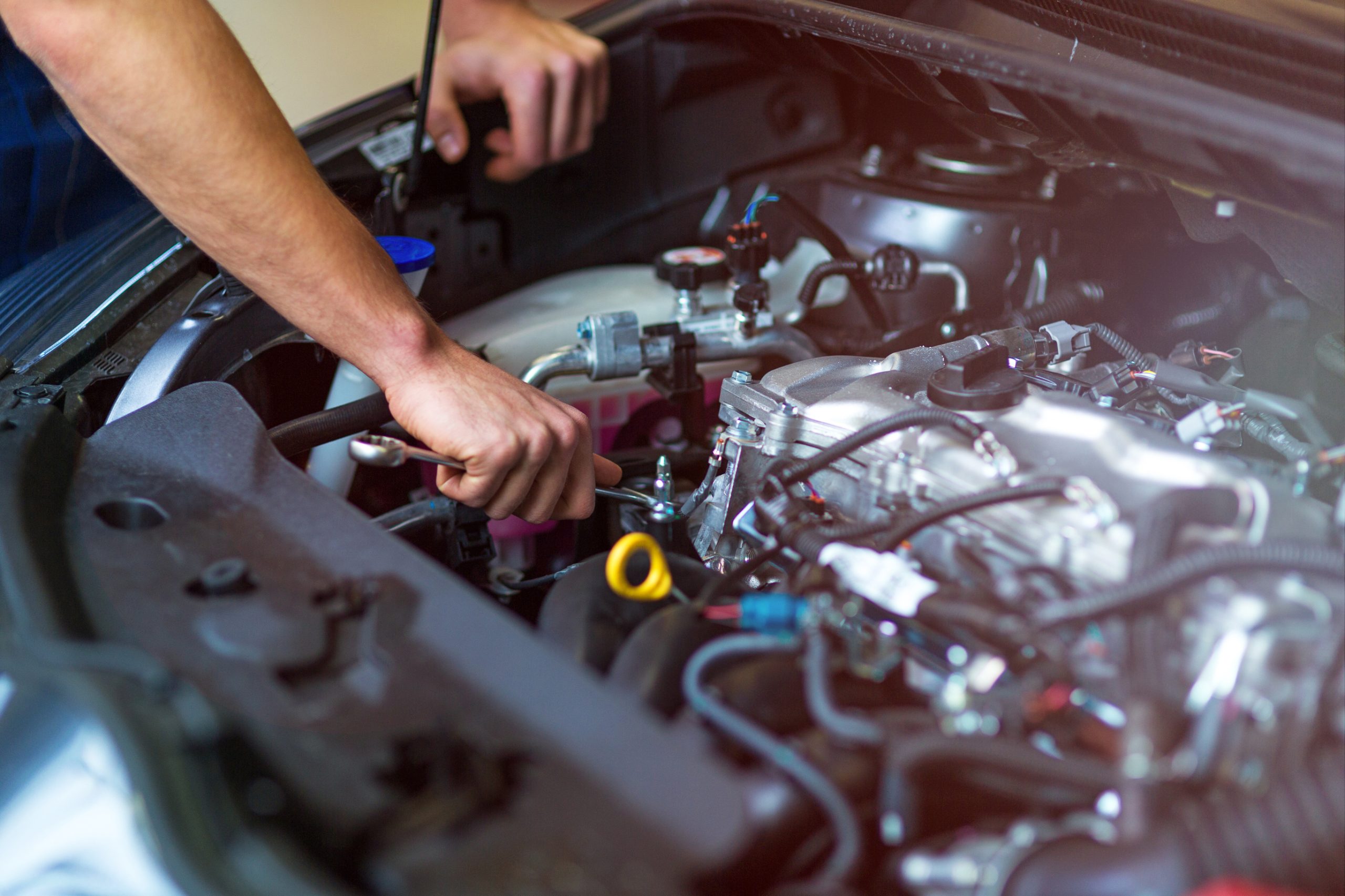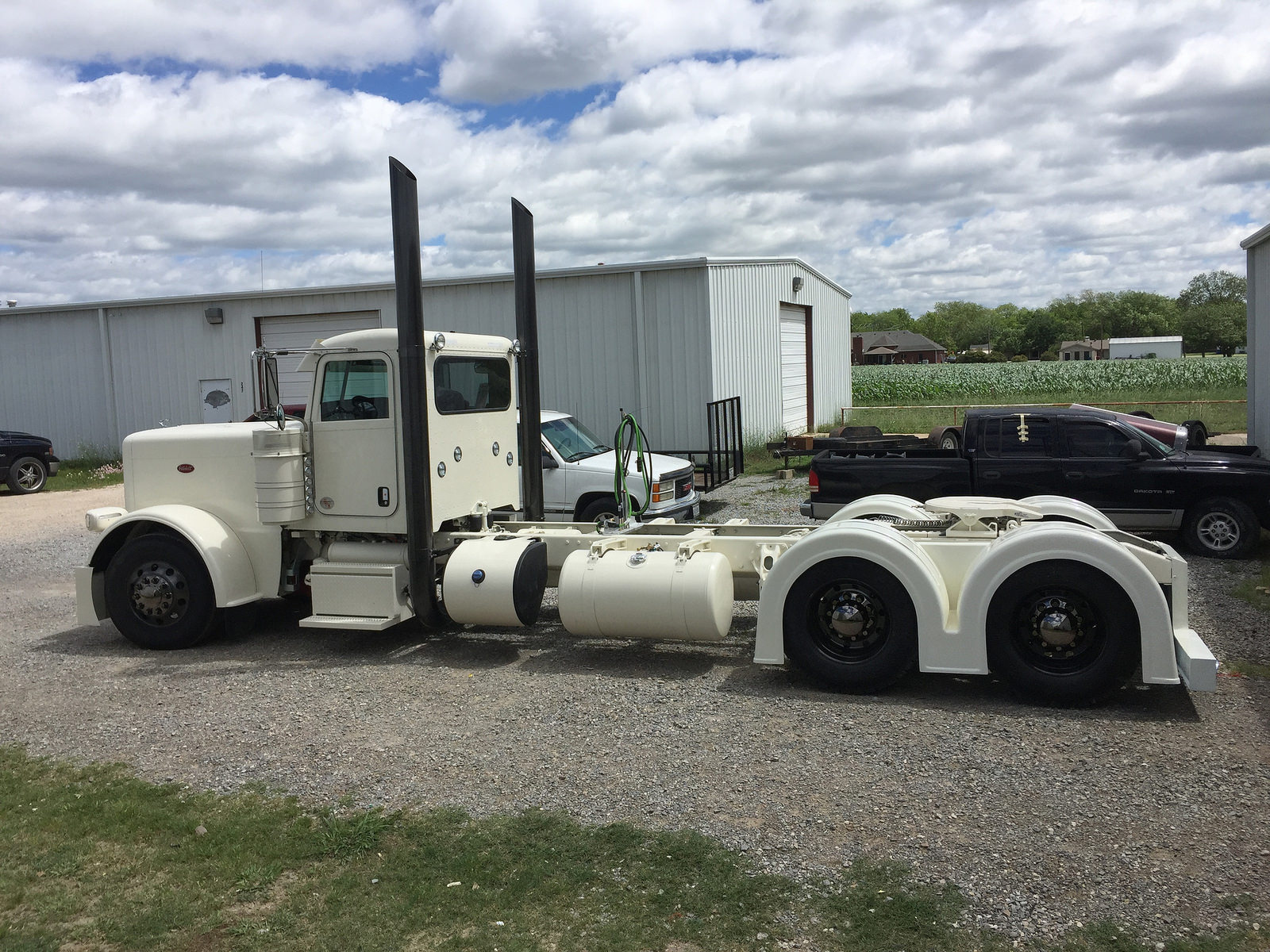Owning a vehicle is a significant investment, and like any investment, it requires proper care and attention to ensure it remains in optimal condition. Regular vehicle maintenance is essential for extending the lifespan of your car, enhancing its performance, and ensuring your safety on the road. In this blog post, we will delve into the importance of regular vehicle maintenance, the benefits it offers, and key maintenance tasks you should never overlook.
1. Extending the Lifespan of Your Vehicle
One of the most compelling reasons for regular vehicle maintenance is its ability to extend the lifespan of your vehicle. Just as regular exercise and a balanced diet contribute to a healthy life, consistent maintenance keeps your vehicle running smoothly and prevents premature wear and tear.
Engine Health: The engine is the heart of your vehicle. Regular oil changes, air filter replacements, and timely tune-ups ensure that your engine remains clean and operates efficiently. Fresh oil lubricates the engine’s moving parts, reducing friction and preventing overheating. Neglecting oil changes can lead to sludge buildup, which can clog the engine and cause severe damage over time.
Transmission Longevity: Transmission fluid needs to be checked and replaced as recommended by the manufacturer. Clean transmission fluid is essential for smooth gear shifts and preventing transmission overheating. Regular maintenance can prevent costly transmission repairs or replacements down the road.
2. Enhancing Safety
Safety is paramount when it comes to driving. Regular maintenance plays a crucial role in ensuring that your vehicle is safe to drive, reducing the risk of accidents and breakdowns.
Brake System: Your vehicle’s braking system is its most critical safety feature. Regular brake inspections and maintenance ensure that your brakes are in good working condition. This includes checking brake pads, rotors, and brake fluid levels. Worn-out brake pads or low brake fluid can lead to brake failure, compromising your ability to stop quickly in an emergency.
Tire Health: Tires are the only part of your vehicle that makes contact with the road. Regular tire rotations, alignments, and pressure checks ensure even tire wear, better handling, and improved fuel efficiency. Properly maintained tires also reduce the risk of blowouts and improve traction, especially in adverse weather conditions.
3. Saving Money in the Long Run
While it might seem counterintuitive, regular vehicle maintenance can save you money in the long run by preventing costly repairs and improving fuel efficiency.
Preventive Maintenance: Addressing small issues before they become major problems is a cost-effective strategy. For example, replacing a worn-out belt is far less expensive than repairing engine damage caused by a broken belt. Regular maintenance allows mechanics to identify and fix minor issues before they escalate into expensive repairs.
Fuel Efficiency: A well-maintained vehicle runs more efficiently, which can lead to significant savings on fuel costs. Clean air filters, properly inflated tires, and regular oil changes all contribute to better fuel economy. Over time, these small improvements can add up to substantial savings.
4. Maintaining Resale Value
If you plan to sell or trade-in your vehicle in the future, regular maintenance can help maintain its resale value. Prospective buyers are more likely to pay a premium for a vehicle with a documented maintenance history, as it indicates that the car has been well cared for.
Service Records: Keeping detailed records of all maintenance and repairs performed on your vehicle can boost its resale value. Buyers appreciate transparency and are more confident purchasing a car with a comprehensive service history.
5. Key Maintenance Tasks You Should Never Overlook
Now that we’ve established the importance of regular vehicle maintenance, let’s take a closer look at some key maintenance tasks that should be part of your routine.
Oil Changes: Depending on your vehicle’s make and model, oil changes should be performed every 3,000 to 5,000 miles or as recommended by the manufacturer. Regular oil changes keep the engine lubricated and prevent the buildup of harmful deposits.
Brake Inspections: Have your brakes inspected at least once a year or if you notice any signs of brake issues, such as squeaking or grinding noises, a soft brake pedal, or longer stopping distances.
Tire Maintenance: Check tire pressure monthly and before long trips. Rotate your tires every 6,000 to 8,000 miles to ensure even wear. Inspect your tires for signs of damage or uneven wear patterns, which could indicate alignment or suspension issues.
Fluid Checks: Regularly check and top off all essential fluids, including engine oil, transmission fluid, brake fluid, coolant, and power steering fluid. Low fluid levels can lead to mechanical failures and costly repairs.
Air Filter Replacement: Replace your air filter every 15,000 to 30,000 miles or as recommended by the manufacturer. A clean air filter improves engine performance and fuel efficiency by allowing proper airflow to the engine.
Battery Maintenance: Inspect your battery terminals for corrosion and ensure that the battery is securely mounted. Test the battery’s charge regularly, especially before extreme weather conditions, to avoid unexpected breakdowns.
Belt and Hose Inspections: Check belts and hoses for signs of wear, cracks, or leaks. Replace any damaged components promptly to prevent engine overheating or other mechanical failures.
Alignment and Suspension: Have your vehicle’s alignment and suspension checked regularly. Proper alignment ensures even tire wear and better handling, while a well-maintained suspension system provides a smooth and comfortable ride.
6. The Role of Professional Maintenance
While some maintenance tasks can be performed by vehicle owners, others require the expertise of professional mechanics. Regular visits to a trusted auto body shop like AutoBody by Fisher ensure that your vehicle receives comprehensive care from skilled technicians. Professionals have the tools and knowledge to perform detailed inspections, diagnose issues accurately, and provide high-quality repairs.
Conclusion
Regular vehicle maintenance is not just a recommendation; it’s a necessity for ensuring the longevity, safety, and performance of your vehicle. By investing in routine maintenance, you can prevent costly repairs, improve fuel efficiency, and maintain your car’s resale value. At AutoBody by Fisher, we are committed to providing top-notch maintenance services to keep your vehicle running smoothly. Whether you need an oil change, brake inspection, or any other maintenance service, our experienced team is here to help. Contact us today to schedule an appointment and experience the difference that regular maintenance can make for your vehicle.



